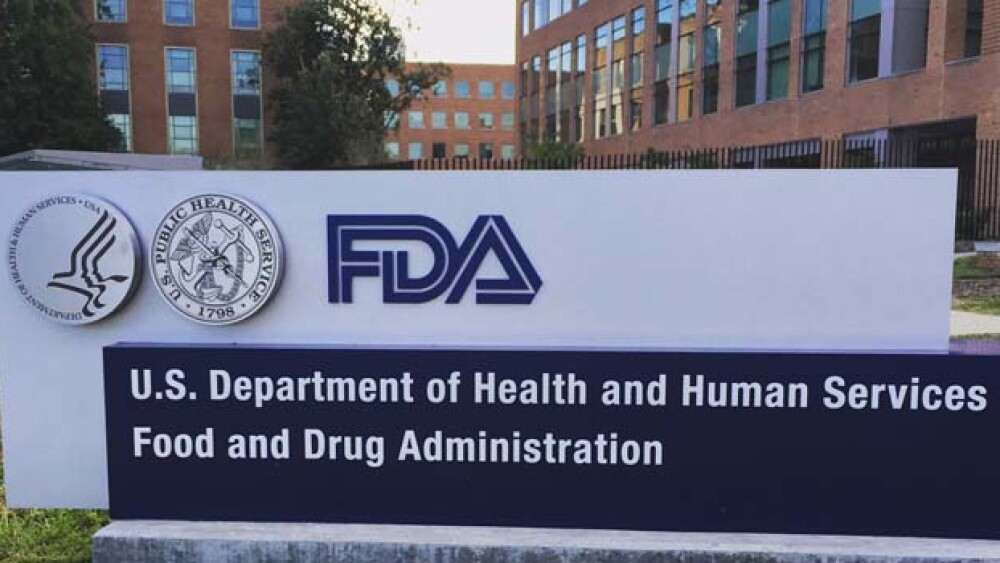Roche’s Flatiron Health and the U.S. Food and Drug Administration’s Information Exchange and Data Transformation (INFORMED) Program expanded a two-year-old collaboration agreement.
Roche’s Flatiron Health and the U.S. Food and Drug Administration (FDA)’s Information Exchange and Data Transformation (INFORMED) Program expanded a two-year-old collaboration agreement.
The agreement, forged in 2016, has enabled the regulatory agency to gain a better understanding of how real-world-evidence derived from de-identified patient datasets curated from electronic health records, can support regulatory decision-making. Since the agreement was first struck, the FDA and Flatiron have explored the use of real-world evidence to generate insights into cancer treatment trends and clinical outcomes in the United States.
Under terms of the expanded agreement between Flatiron and the regulatory agency, they will focus on critical topics related to the use of real-world evidence in regulatory decision-making, including characterization of data quality, validation of reliable real-world clinical endpoints, collaboration on new analytic methodologies and exploration of innovative applications such as real-world control arms. The Roche subsidiary and the FDA will also evaluate real-world cancer populations that are typically underrepresented in clinical trials, Flatiron said this morning in a statement.
“Complementing these direct collaboration efforts, Flatiron will also engage with the FDA through its life sciences partners, as they increasingly incorporate RWE into regulatory filings for post-marketing studies, label expansions and other supportive use cases,” the company said.
In December, the FDA released a new 2019 strategic framework for how it plans to advance the use of real-world data to improve regulatory decisions. Real world data includes accumulated information garnered through electronic health care records, medical claims, product and disease registries and lab tests. Additionally, the FDA said real-world data can include cutting-edge technology paired with consumer mobile devices.
Richard Pazdur, director of FDA’s Oncology Center of Excellence, said the regulatory agency recognizes the “tremendous importance” of analyzing treatment data from the real world.
“Traditional clinical trials have long provided the high-quality evidence the FDA needs to determine whether a product is safe and effective for its intended use, but traditional trials do not always represent the real world, lack clinical context, and may not provide sufficient follow-up to truly understand the impact of a new therapy on real-world patients. We believe that regulatory-grade real-world data can help inform our decision-making so that we can provide cancer patients with better care,” Pazdur said in a statement.
When Flatiron and the FDA first struck their partnership on real-world data, the New York-based company provided the FDA with de-identified datasets to provide insights on cancer patients with advanced non-small cell lung cancer being treated with immunotherapy. The data included “real-world endpoints such as progression, tumor response and reason for therapy discontinuation” and supported a variety of novel outcomes research projects, Flatiron said. To date, the FDA-Flatiron collaboration has produced numerous peer-reviewed publications, as well as presentations at leading industry conferences like the American Society for Clinical Oncology and American Association of Cancer Research.
Zach Weinberg, president and co-founder of Flatiron Health, said the in order for the entire industry to benefit from the use of real-world data and real-world evidence, they must ensure the datasets are “comprehensive and of the highest-quality.”
“At the end of the day, this is how we’re closing the evidence gap in oncology: real-world patient experiences inform research, which ultimately leads to better cancer treatments and outcomes,” Weinberg said.





